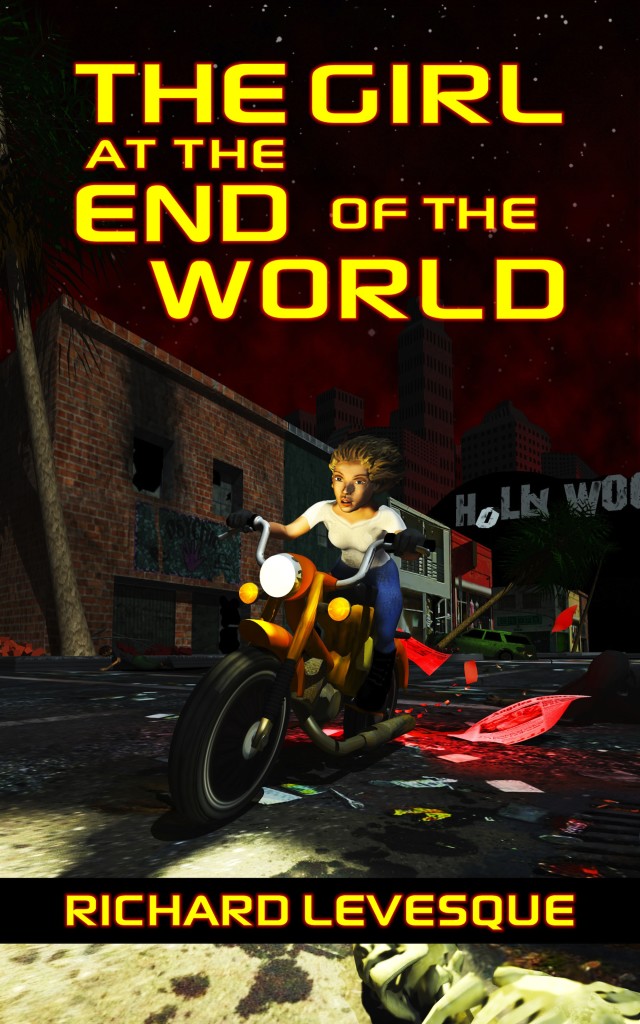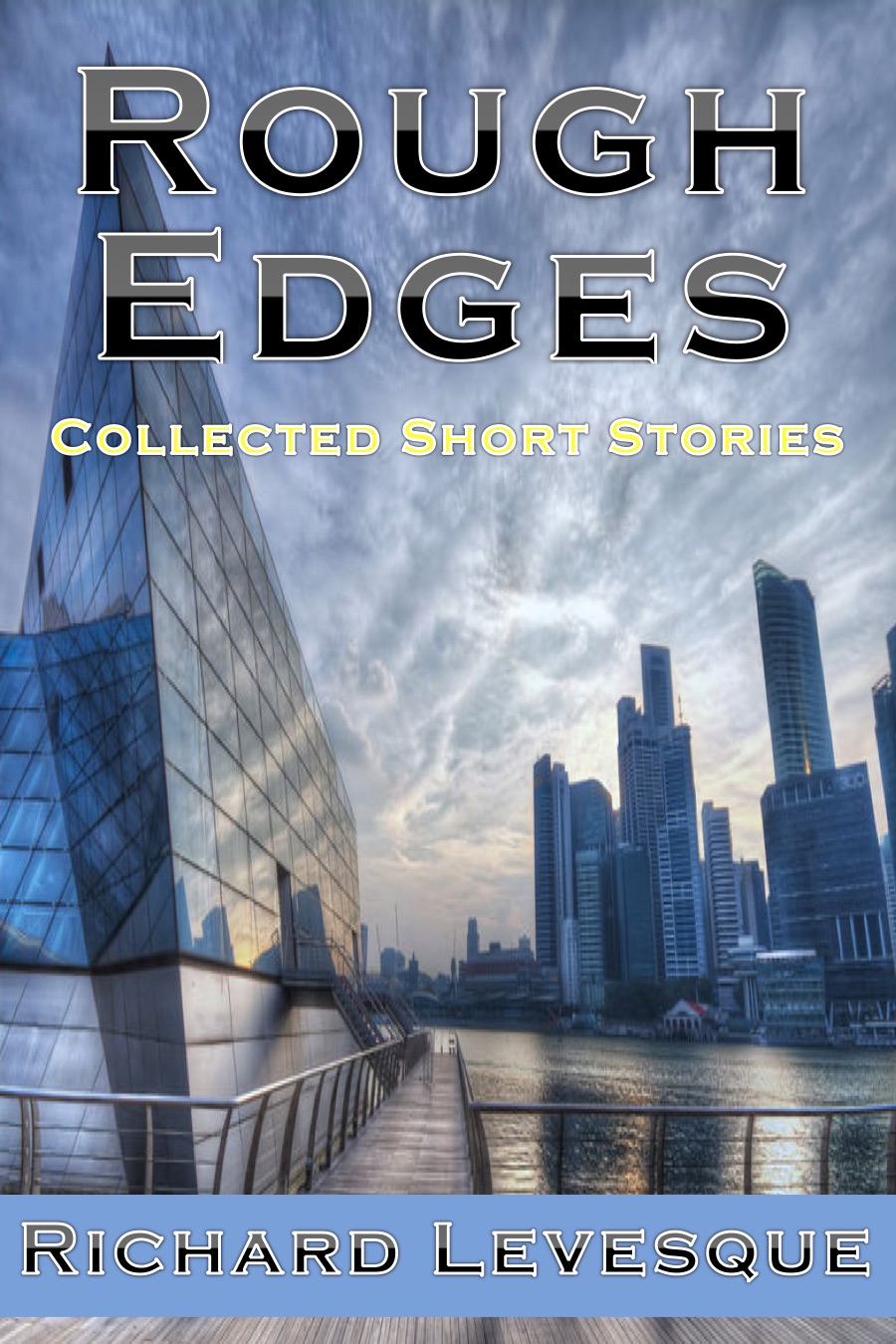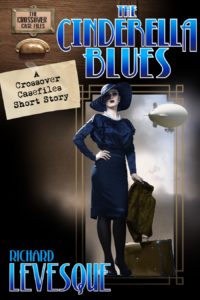On Romance in YA Plots (and why I’m not the target audience)
 A recent Amazon review
A recent Amazon review of The Girl at the End of the World noted that the book is a strong example of Post-Apocalyptic YA that doesn’t focus on romance. While there is a bit of romance in the book, I tried not to make it be about that–just one of the many things that happens along the way–and I also tried hard to keep that element from derailing the plot’s focus on the protagonist’s struggle and her growth.
I’ve been listening to quite a few YA audiobooks lately–The Fault in Our Stars, the Inkworld series, the Divergent series–and revisiting The Hunger Games
through the films. Romance shows up in one form or another in all those stories, but in different ways and some in far better ways than others.
The differences have been on my mind as I’ve been assaulted by ads for Insurgent, the newest film based on the Divergent series, and I have to say that of all the aforementioned books’ handling of the romance theme, it was only the Divergent books that bugged me; romance in the others was handled differently…more naturally and less intrusively.
In the Inkworld books, romance was barely there. Meggie starts out the series as a young girl, mostly focused on her relationship with her father and not at all interested in boys. As the second and third books progress, Meggie ages and matures; boys become an issue and we see her fall in love first with one character and then another. Her infatuation with Fareed and excitement over stolen kisses in the midst of perilous adventures is handled well, and her feelings are among the many things that complicate the plot and drive her choices rather than the other way around.
Love and romance in The Hunger Games books works similarly. Katniss has a choice between the boy she’s always kind of loved and the boy she’s thrown into the games with (who has always kind of loved her). It’s a confusing choice, made more so by the peril they’re all facing, but it’s not an unusual one, not for YA’s target audience or anyone else, and Collins handles the dilemma well; again, the question of romance is one of several things Katniss has to juggle as she makes the shift from teenager to adult, and it doesn’t detract from the rest of the story.
In The Fault in Our Stars, it’s not about being torn between two lovers; after the first few chapters, Hazel has no doubts about her feelings for Augustus Waters. The complication in this plot is a result of disease, not conflicting feelings, and Hazel’s growth as a character is remarkable as she moves through a range of feelings–not just about Augustus but also about mortality, literature, religion and even breakfast foods. Is romance in the driver’s seat here? Or cancer? The two interweave artfully, neither distracting nor detracting from the other.
And then we come to the Divergent series, a dystopia in which the main character, Beatrice, follows the trope of self-definition, recasting herself as Tris and following her own path, rejecting the influence of her parents (or so she thinks) and falling in serious like with a Golden-Hearted Bad Boy. There’s something about the way Roth wrote the books that made me cringe every time the two characters kiss or even embrace. By the middle of the second book, I was thinking “Oh God, don’t kiss, don’t kiss, don’t kiss” every time the two were alone in a scene. It wasn’t just that they’d kiss; it was that the narrative derailed with every lip lock. In the midst of all the peril and intrigue, everything stops for descriptions of hot breath, lips on lips, hands on necks, fingers in each other’s belt loops…
And, yeah, I know I’m not the target audience. I’m not a thirteen-year-old girl. Maybe if I were, I’d have been pulled in by all the steaminess. Maybe when that’s who you are, the world really does stop spinning when you look longingly into someone’s eyes. I’d like to think, however, that my inner thirteen-year-old girl would prefer Katniss and Hazel and Meggie as heroines (not to mention Scarlett from The Girl at the End of the World) as well as their plots’ handling of romance as something weighty and serious but not all-encompassing.
I do need to tip my hat to Veronica Roth, however. She pulled something off in the third Divergent book that I think was pretty gutsy (no spoilers here) and which I’m frankly surprised her agent, editors, and publisher allowed her to get away with. We’ll see if Hollywood is willing to go along for the ride when they finish the film series. I hope they are. Roth’s ending to the series did allow it to take the focus off of romance, which I think it desperately needed. At least I know I needed it to.
I’ve been told that I must just be an old romantic at heart since some sort of romance shows up in all my books. I’d like to think, though, that the little love connections in my books–both the YA and not–works to develop the characters and adds layers to the plots and themes. As far as I know, there haven’t been any readers who cringed at the kisses.
Divergent hunger games Inkworld romance The Fault in Our Stars The Girl at the End of the World YA novels






